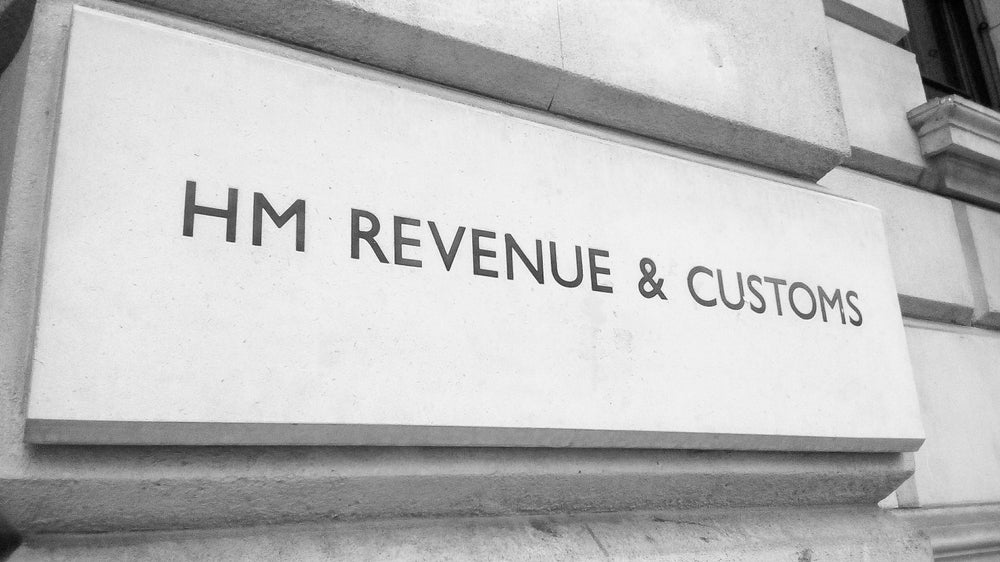
By Susan Ball
In April 2023 when the National Minimum Wage (NMW) increased by 9.7%, HMRC was required to give a pay rise to its lowest paid employees to ensure they were still paid NMW. This was a significant challenge as it did not form part of the last spending review.
Recently, we have seen several advertising campaigns as well as nudge letters issued by HMRC to employees suggesting they check they are being paid NMW. Should HMRC’s own employees be doing the same? We know from the latest HMRC data that in June 2023, approximately 18,000 of its workforce was paid close to NMW. Many of these work within customer services meaning they are required to work shift patterns.
Whilst HMRC is responsible for enforcing the NMW regulations, has it reviewed its own working practices to ensure that it is practicing what it preaches? Who checks HMRC pays NMW and keeps appropriate and accurate records?
When we think about the enforcement of NMW, it is vital that employers can determine the categorisation of their employees for NMW purposes. The four categories are salaried, time, output and unmeasured.
Whilst we don’t know the categorisation of the employees working for HMRC, we do know employees are offered flexi-time, where they can work longer hours one day in order to take those hours off another. So, if they were salaried workers, would it be possible to ascertain annual hours, which is a requirement?

US Tariffs are shifting - will you react or anticipate?
Don’t let policy changes catch you off guard. Stay proactive with real-time data and expert analysis.
By GlobalDataIn a recent Freedom of Information (FOI) request submitted by RSM UK, the figures show that the average number of HMRC’s employees that worked at a regional centre at least once a week varied between 59% to 81% of those based at that office. It begs the question as to how HMRC is checking if employees are accurately recording their time? And if the line managers are responsible for reviewing it, do they understand the rules pertaining to NMW and the importance of the time recording?
In the same FOI request, HMRC stated “The data also includes colleagues who log on when they might not be working for example, whilst they are on annual leave or sickness leave.” So, are employees working whilst on annual or sickness leave? Is this time recorded as working time?
If HMRC has categorised its employees as salaried workers, it’s clear multiple questions remain as to whether they should be. If they are not salaried, they could be categorised as unmeasured, meaning the calculation for NMW purposes would change. The flexi hours worked would need to be taken within the following pay period, and employees working in a customer service environment that have to be ready to work the minute their shift starts would need to be paid from the time they arrive at work in order to be ready for that start.
Let’s hope HMRC practices what it preaches!






